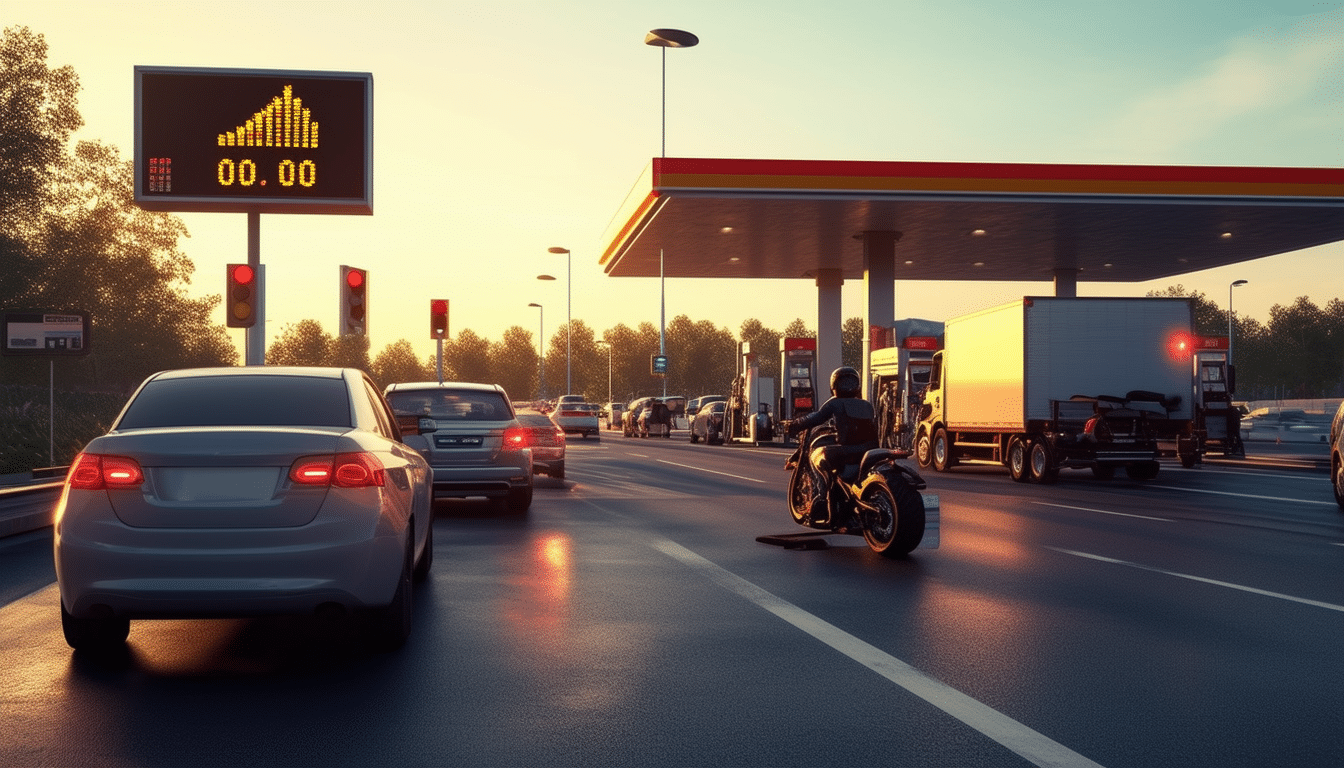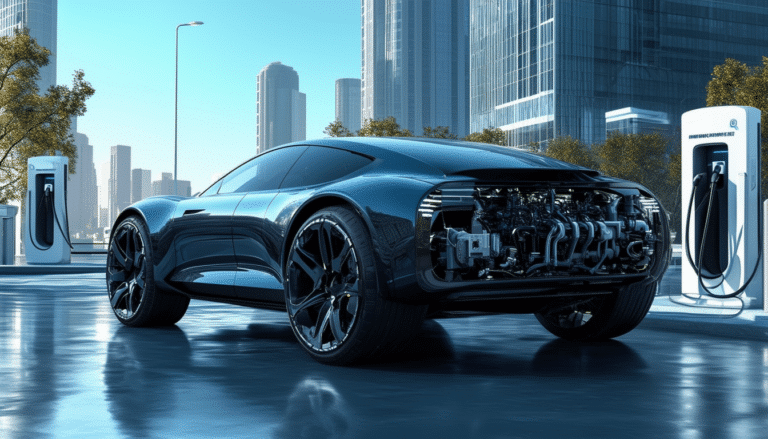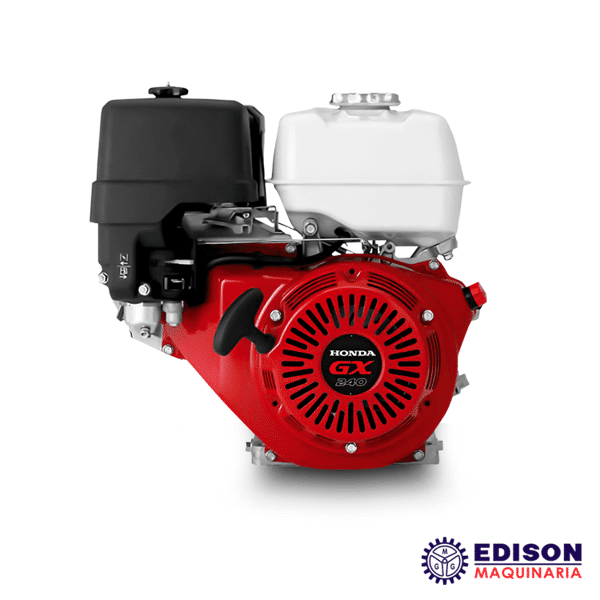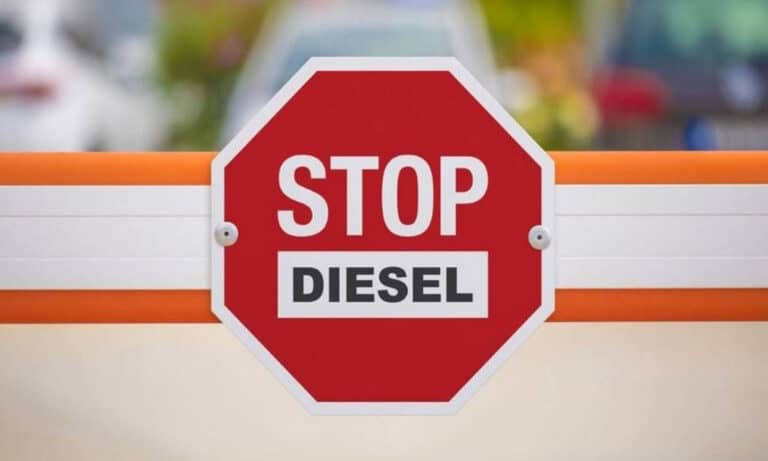Errores comunes que incrementan el gasto en combustible

Fuel consumption is a crucial aspect for household economy and environmental sustainability. However, there are common mistakes that often go unnoticed and can significantly increase gasoline expenses. From driving techniques to poor load distribution in the vehicle, these factors directly influence fuel efficiency. Identifying and correcting these habits is essential to maximize vehicle performance and reduce unnecessary costs.
Driving a car efficiently is essential to minimize fuel costs. However, many people make mistakes that elevate their consumption. Below are some of these common mistakes and how they can be avoided to optimize your vehicle’s performance and save money.
Poor load distribution
One of the main factors that increases fuel consumption is poor luggage and load distribution in the vehicle. When weight is not distributed properly, the car may require more effort to move, resulting in higher expenditures. It is advisable to check the weight and position of the load before embarking on a journey.
Harsh driving
The way the vehicle is driven has a direct impact on gasoline consumption. Making harsh movements when accelerating or braking can significantly increase spending. Ideally, one should maintain a constant speed and avoid unnecessary acceleration, driving at an average speed of 110 km/h on highways. This practice not only saves fuel but also contributes to road safety.
Excessive use of air conditioning
The air conditioning is one of the most appreciated features in a car, but excessive use can increase fuel consumption. Under suitable conditions, it is advisable to open the windows instead of using the air conditioning, especially at moderate speeds. However, at high speeds, it is preferable to turn on the air conditioning, as opening the windows can increase wind resistance and, therefore, fuel consumption.
Neglected levels and filters
Proper vehicle maintenance is crucial for optimizing fuel performance. Not checking the oil levels, tire pressure, and filter conditions can lead to increased consumption. Dirty air and fuel filters, for example, can limit engine performance. Regular maintenance will help avoid these problems and reduce gasoline expenses.
Heavy traffic and road conditions
Driving in heavy traffic or on routes with many stops can also affect fuel consumption. In traffic situations, it is advisable to stay calm and avoid unnecessary lane changes. Additionally, planning routes that avoid heavy traffic can result in significant fuel savings. Using applications like Google Maps can be helpful in finding the best routes.
Inadequate tires
The condition of the tires also plays a fundamental role in fuel economy. Under-inflated or worn tires can increase resistance and, therefore, consumption. It is suggested to check tire pressure regularly and ensure they are in good condition to ensure efficient driving.
For more information on how to improve your vehicle’s efficiency and reduce fuel expenditures, you can consult resources like this article about myths and realities, as well as tips on vehicle maintenance to save on fuel at this link.
Savings on fuel is a constant concern for many drivers looking to optimize their costs. However, there are multiple common mistakes that many make without being aware of their impact on gasoline consumption. One of the main issues is harsh driving, which includes sudden accelerations and braking. This style of driving is not only detrimental to the vehicle but also significantly increases fuel expenses.
Another factor contributing to higher consumption is inappropriate use of air conditioning. Often, drivers do not consider that excessive use of this system can lead to a 10% increase in gasoline consumption. Alternatively, opening the windows can be a more efficient solution, especially at lower speeds.
Moreover, poor load distribution in the vehicle can affect fuel performance. Loading the car evenly and avoiding carrying unnecessary items will not only help optimize consumption but also ensure safer and more efficient driving.
Negligence in vehicle maintenance is also a frequent mistake. Not checking fluid levels, filters, and tires can result in higher fuel expenses. Ensuring that the tires are in optimal condition and that the engine is functioning properly is essential to avoid excessive spending.
In summary, it is crucial to be aware of these mistakes that increase fuel expenses. Adopting a more conscious driving style and maintaining the vehicle properly are
measures that will help maximize gasoline performance and contribute to a more economical and sustainable driving experience.





